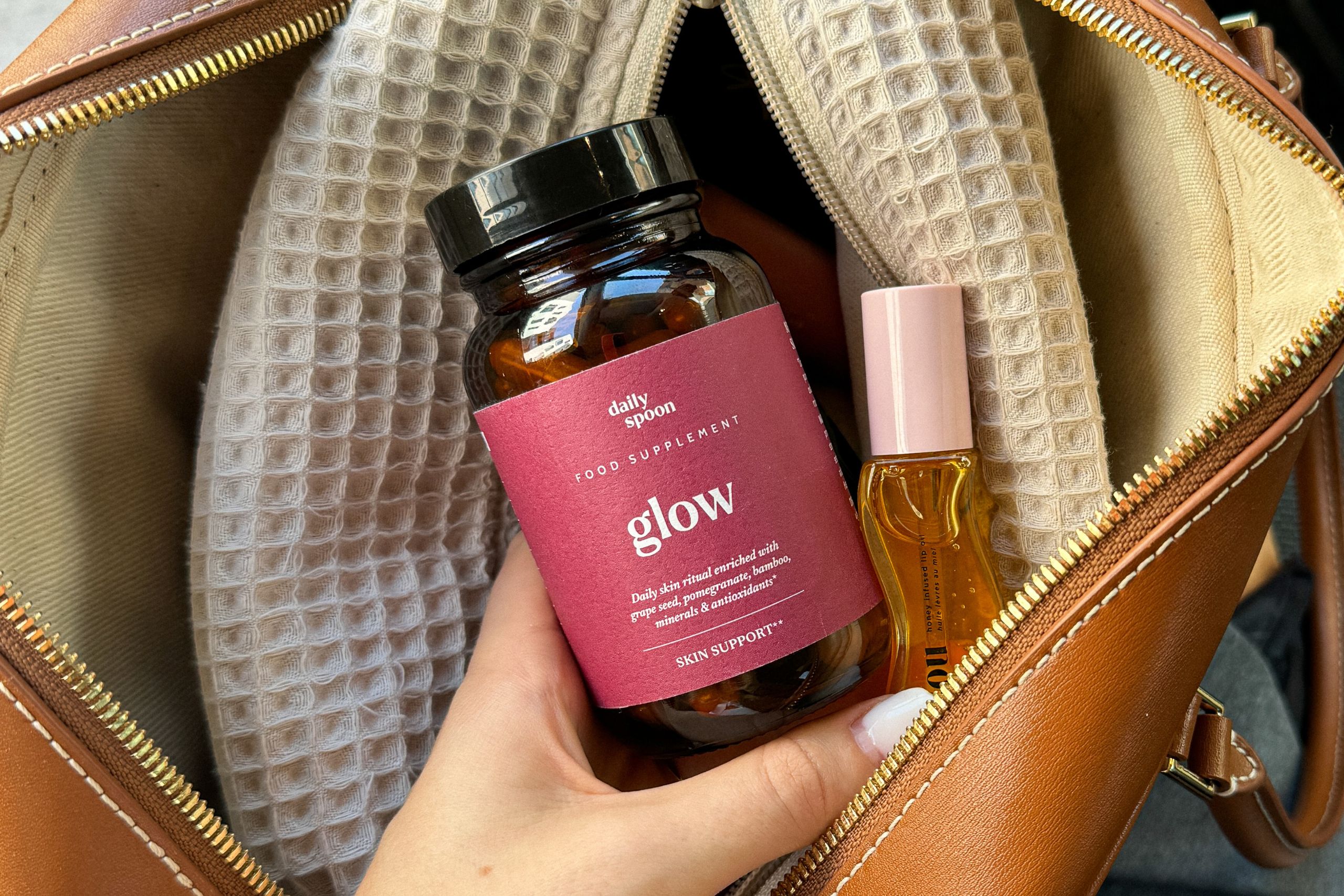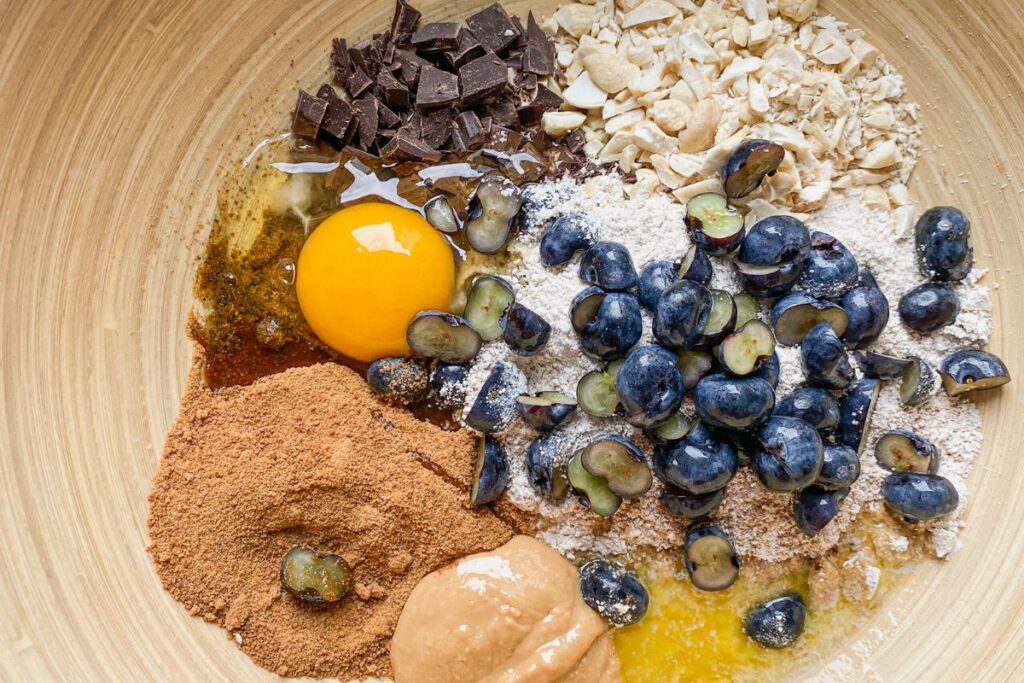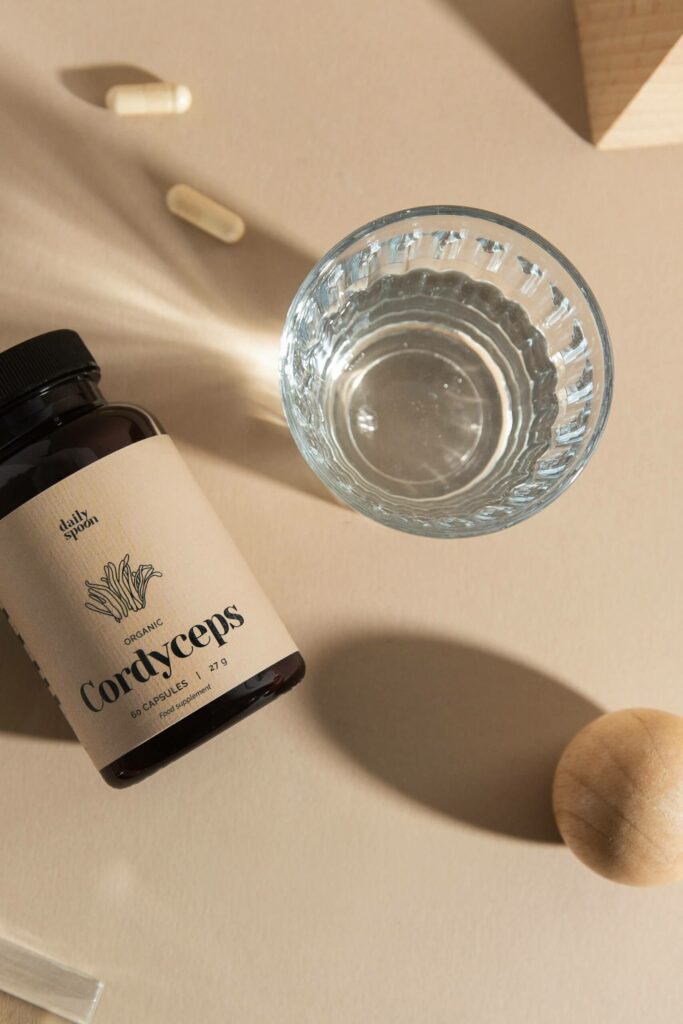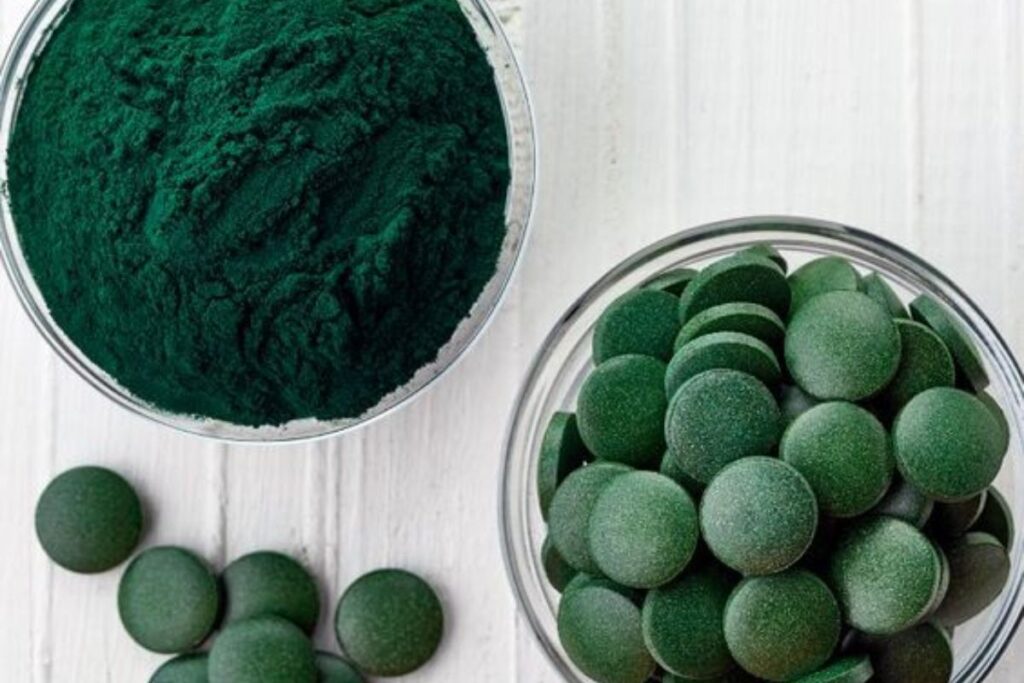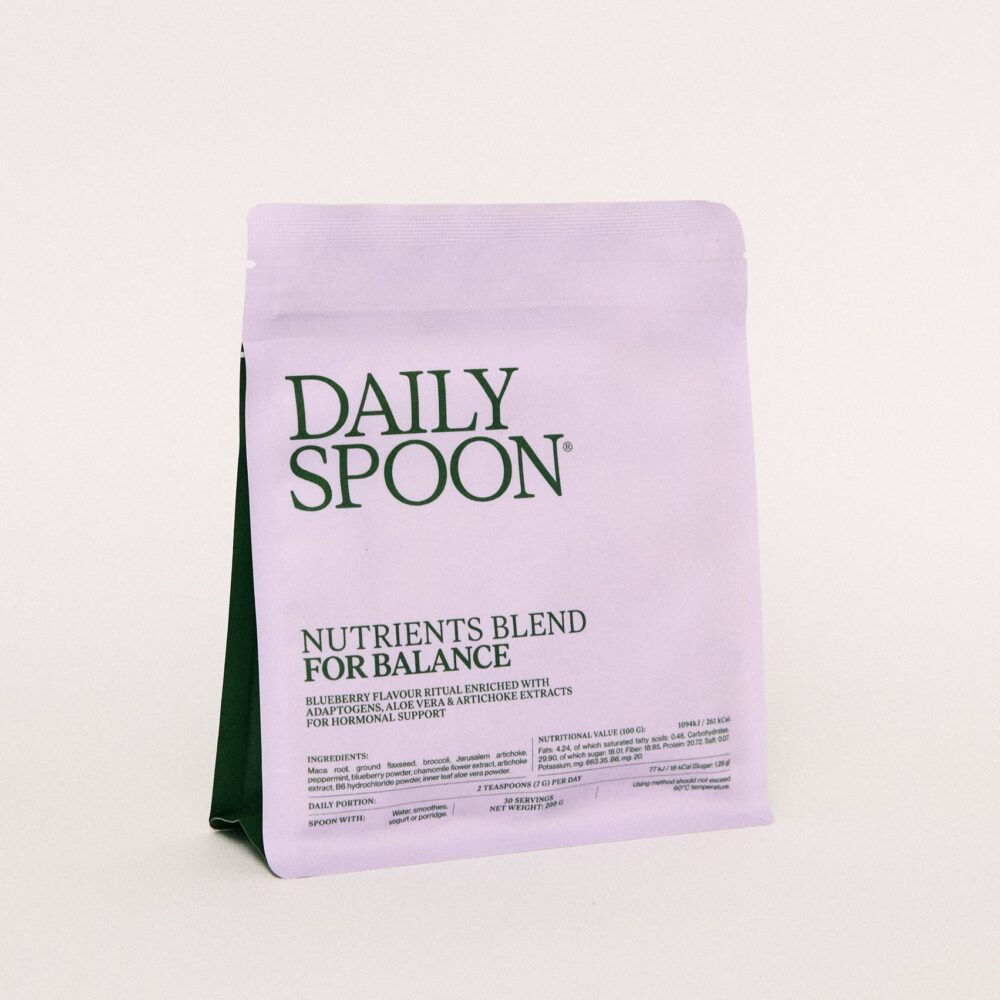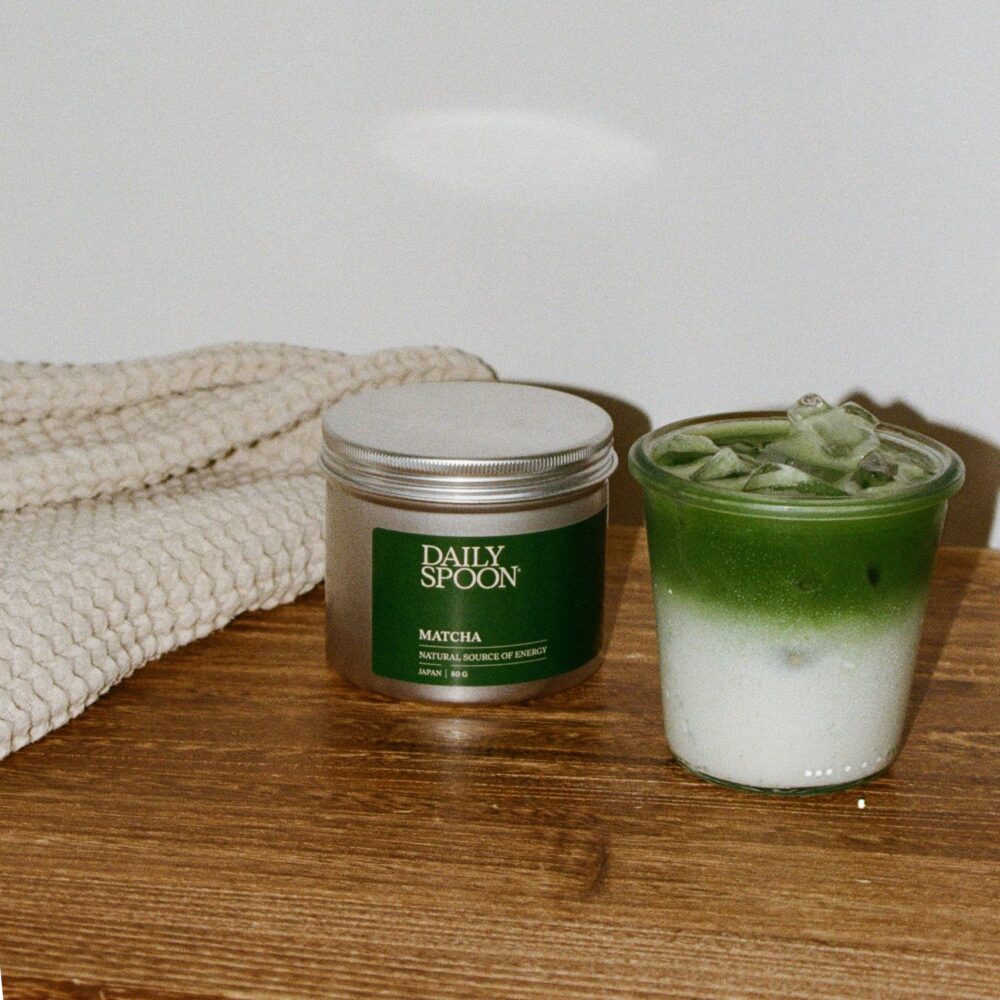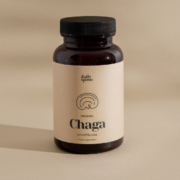Have you noticed a weakened immune system, constant fatigue, low energy, bad mood, and dull skin and hair? It’s likely that your body is affected by oxidative stress — a condition where the balance between free radicals and antioxidants is disrupted.
Antioxidants help restore this balance, strengthen the body, and protect it from cellular damage. Some of the most well-known and powerful antioxidant vitamins include vitamin C, vitamin E, selenium, and zinc, as well as many plants rich in polyphenols and flavonoids.
Each antioxidant has a slightly different effect, so it’s important to get them from a variety of sources. Want to learn how antioxidants work and how to naturally increase your intake?
What is oxidative stress and how does it affect the body?
When the body doesn’t get enough rest, nutrition is lacking, and physical activity is minimal, it starts sending signals: energy levels drop, mood worsens, and fatigue sets in more quickly. All of this may be a sign that your body is affected by oxidative stress – the silent enemy of our well-being.
Oxidative stress is caused by free radicals – unstable molecules that seek to “steal” a missing electron. When the body’s defense system is weakened, these molecules begin to damage healthy cells, harming proteins and DNA.
Over time, this can negatively impact overall health, accelerate the aging process, and increase the risk of developing cardiovascular diseases, cancer, or other serious conditions.
What factors cause oxidative stress?
Oxidative stress in our body can be caused by various factors – both external and related to lifestyle [1]:
- Air pollution
- Harmful habits such as smoking, alcohol consumption, etc.
- Chemical substances like pesticides, industrial solvents, medications, and more
- Tissue injuries, trauma, inflammation
- Poor diet, especially one high in refined, heavily processed foods containing trans fats, artificial sweeteners, colorants, and food additives marked with “E” numbers
One of the most reliable ways to reduce the harmful effects of free radicals is to consume as many natural substances as possible that help neutralize their activity.
And that’s where antioxidants come in – compounds that help maintain the body’s balance.
Antioxidants – what are they and how do they work?
So, what are antioxidants? In many sources, you’ll find very complex explanations. But simply put, antioxidants are molecules that help fight free radicals in our bodies.
Antioxidants work on multiple levels. Here are their main functions:
- Protect DNA in cells from damage
- Slow down the aging process
- Strengthen the body’s defense mechanisms
- Improve skin condition
- Help neutralize heavy metals
- May inhibit the multiplication of abnormal (e.g., cancerous) cells
Interestingly, some antioxidants are produced naturally by the body. However, research shows that certain synthetic antioxidants can be harmful [2]. Therefore, it’s best to get antioxidants through your diet and from supplements with the most natural composition possible.
Types of Antioxidants: What Are They?
There are different types of antioxidants, each with unique properties and mechanisms of action:
- Water-soluble antioxidants: Vitamin C, selenium, cysteine, lutein, resveratrol, glutathione, methionine, amino acids, and more.
- Fat-soluble antioxidants: Vitamins A and E, coenzyme Q10, lycopene, carotenoids, alpha-lipoic acid, and more.
- Mixed antioxidants: Flavonoids, polyphenols, melatonin, and more.
The Strongest Antioxidants in Food
It is believed that thousands of substances have antioxidant effects on our bodies. Each one works slightly differently, and various antioxidants help the body function like a harmonious orchestra.
It’s important to note that no antioxidant can replace another. This is one of the reasons why it’s essential to eat a diverse diet, especially one rich in plant-based foods.
The best natural antioxidants are found in vegetables, fruits, nuts, seeds, and other plant-based products. However, some can also be found in animal-based foods.
Products that are particularly rich in antioxidants are often referred to as superfoods or functional foods.
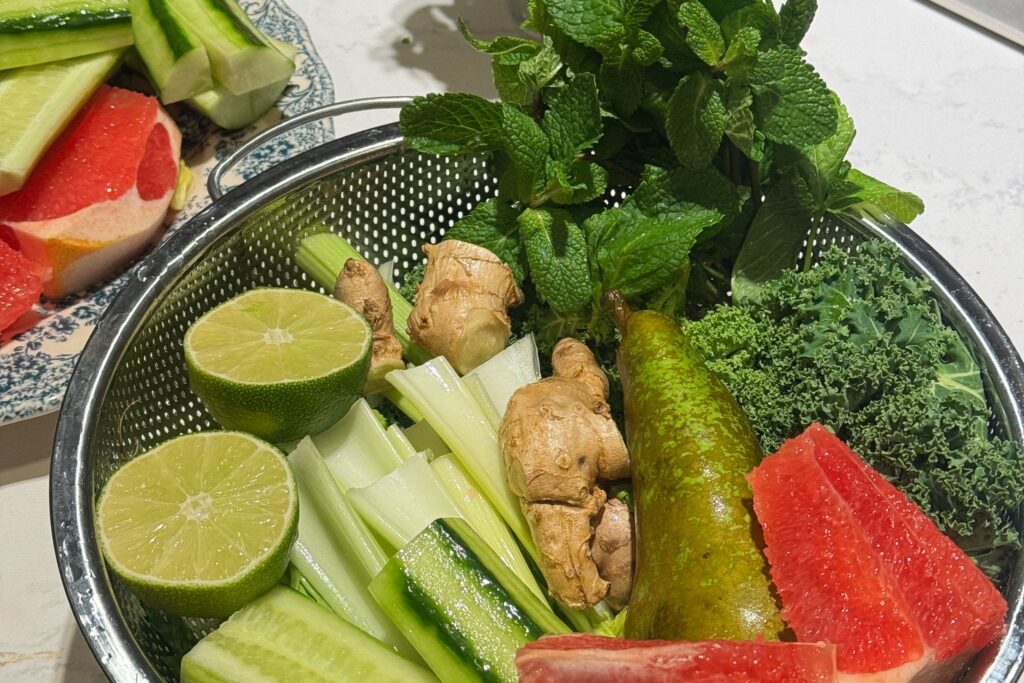
Several Key Antioxidants and Their Sources
Here are the most commonly found antioxidants in food and their main sources:
- Vitamin A: Dairy products, eggs, liver
- Vitamin C: Many vegetables, fruits, and berries, especially oranges and peppers
- Vitamin E: Nuts and seeds, vegetable oils, green leafy vegetables
- Beta-carotene: Bright, intensely colored vegetables and fruits such as carrots, mangoes, peas, spinach
- Lycopene: Red and pink-colored vegetables and fruits, such as tomatoes and watermelons
- Lutein: Green leafy vegetables, corn, papayas
- Selenium: Rice, corn, wheat, whole grain products, nuts, legumes, eggs, cheese
Having trouble choosing? We’ve highlighted the top 10 antioxidant-rich sources that should frequently make their way into your shopping basket.
How can we add antioxidants to our daily diet?
Antioxidants can be obtained from various everyday sources. The key is to pay attention to the quality of the food, its colors, and the ingredients you choose in your daily meals. Here are a few simple yet effective ways to naturally increase their intake in your diet.
Pay Attention to the Colors on Your Plate
If your dishes are brown, gray, or beige, it’s likely they contain few antioxidants. It’s worth enriching each meal with fresh, vibrant-colored vegetables.
By the way, antioxidants remain even after some foods are processed. For example, the lycopene content in cooked or roasted tomatoes actually increases.
Choose Healthy Snacks
Instead of sweets or chips, snack on nuts, seeds, or dried fruits. It’s best if they are unsweetened, unsalted, and not roasted.
Include Antioxidant-Rich Teas
Drink at least 1–2 cups of green or matcha tea daily. Matcha tea improves concentration, gently stimulates the body, boosts energy, and is a great cocktail of various antioxidants.
Use Spices – Natural Sources of Antioxidants
Generously sprinkle your dishes with spices that have strong antioxidant properties. These include: cinnamon, turmeric, basil, cumin, oregano, rosemary, ginger, cloves, thyme, cardamom, and others.
Supplement Your Diet with Natural Supplements
If it’s difficult to get enough antioxidants from food, consider high-quality antioxidant-rich supplements. One such option is Glow: a daily ritual that helps soothe skin issues, nurtures natural radiance, and generally replenishes antioxidant reserves.
The composition of this supplement includes carefully selected ingredients: acerola cherry extract (rich in vitamin C), grape seed and pomegranate extracts, natural silica from bamboo, zinc, selenium, vitamins A and B5, and other antioxidants that help your skin glow from the inside.
Acerola and Pomegranates – Two Powerful Allies
Acerola is one of the plants with the highest natural content of ascorbic acid. It is rich in antioxidants that help fight free radicals. Additional benefits come from other compounds, such as carotenoids, phenols, anthocyanins, and flavonoids. [3]
Pomegranates also have strong antioxidant properties. Their benefits have been proven through numerous scientific studies. [4] For example, pomegranate juice (consumed at 200 ml per day for at least 6 weeks) significantly improved blood composition and reduced inflammation markers. [5] It’s likely that pomegranate extract has a similar effect.
How to simply get more antioxidants?
If you want to nurture your health and beauty but lack the time for a balanced diet in your daily routine, try Daily Spoon ritual Glow , which is rich in antioxidants and other ingredients that help promote natural skin radiance.
Supplements can be an easy way to ensure that your body gets what it needs every day.
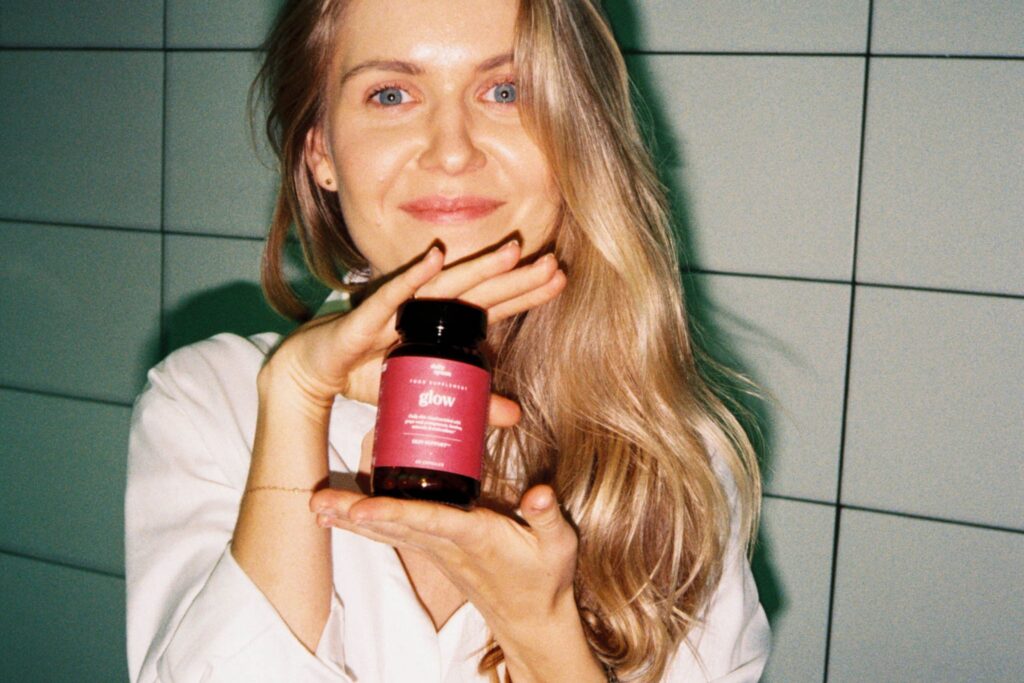
Sources:





